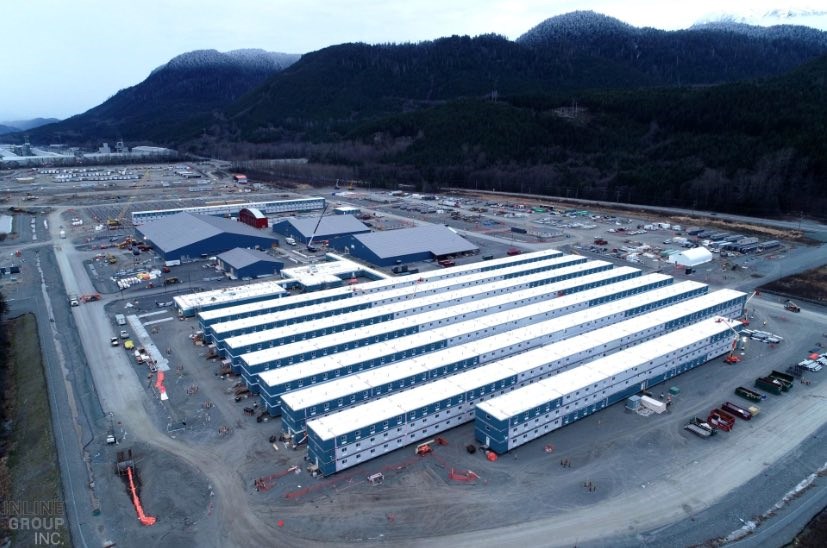Should remote industrial work camps in B.C. be shut down to prevent the spread of COVID-19?
David Bowering, a former chief medical officer for Northern Heath is convinced that needs to happen, calling the camps "landlocked cruise ships" and "COVID-19 incubators."
He said continued operations create an unacceptable risk for the workers, host communities, the workers' families and home communities and the places they pass through traveling to and from worksites.
"Men, mostly, are flying in and out from other parts of the country at a time when all the rest of us are being asked not to that unless it's absolutely necessary and it puts everybody at risk," said Bowering, from his home in Hazelton.
"'I'm concerned about the workers in the camps because the virus has demonstrated to us, like other viruses already have such as norovirus and the H1N1 flu, that even with the best of precautions viral illnesses have a way of slipping through the ramparts.
"This coronavirus is incredibly good at that because people are infectious before they know it. Your first sneeze or your first cough could be in the dining room and that first sneeze or cough could be absolutely loaded with the virus."
Provincial public health officer Bonnie Henry said industrial camps have been scaled back and are working closely with Northern Health to make sure all safeguards are in place to protect workers and minimize the risk of spreading the virus.
"Many, if not all of them, have gone to a very reduced staff," said Henry, at Monday's media briefing in Victoria. "For various reasons we don't want as many people coming in and out of the community. They've done things like extending the length of time people that are there, going to safety staff only.
"I think it's important to recognize you can't just abandon a large mine or industrial site. That's not safe for the community or the environment as well. Northern Health has been very active working with the industrial camps in the north to reduce the risks in those camps and to make sure that they're scaling back appropriately to be able to put in place the measures we have required under our (public health officer) order in those facilities."
Bowering said no matter how stringent the precautions are in those camps are, human nature will eventually lead to someone deciding to hide their symptoms to avoid the restrictions of having to self-isolate in quarantine for 14 days and that could lead to outbreak.
"We have a number of cruise ships around the world now and one of my dear friend neighbours is on one of them and has just managed to get through the Panama Canal, but it's a very worrisome situation," said Bowering, Northern Health's chief medical officer from 2003-11.
"Knowing about the problem, (cruise ship operators) are doing everything they can, the same things the camps are - extra cleaning, lots of sanitizer around, and being very clear about what social distancing means. (But) the virus will be there and they will become incubators because that's the nature of the thing."
Bowering looked into the high-profile camps in his region of northwestern B.C. - LNG Canada and Coastal Gas Link - and learned they outsource their occupational health services to international agencies such as, International SOS and Medcor Canada, which provide their own advice and protocols for managing COVID-19 outbreaks.
"They are not part and parcel of the normal operations of public health so people don't know much about them," said Bowering.
"I know they've scaled down (camp operations) but there are still big camps, a lot of them are 400 to 800 people. A lot of the people in the (health) ministry didn't even know that and (asked), 'Can you help us find out about them?' I think we're not top-of-mind in the north in terms of what's happening around COVID-19 and all the measures that have to be taken."



